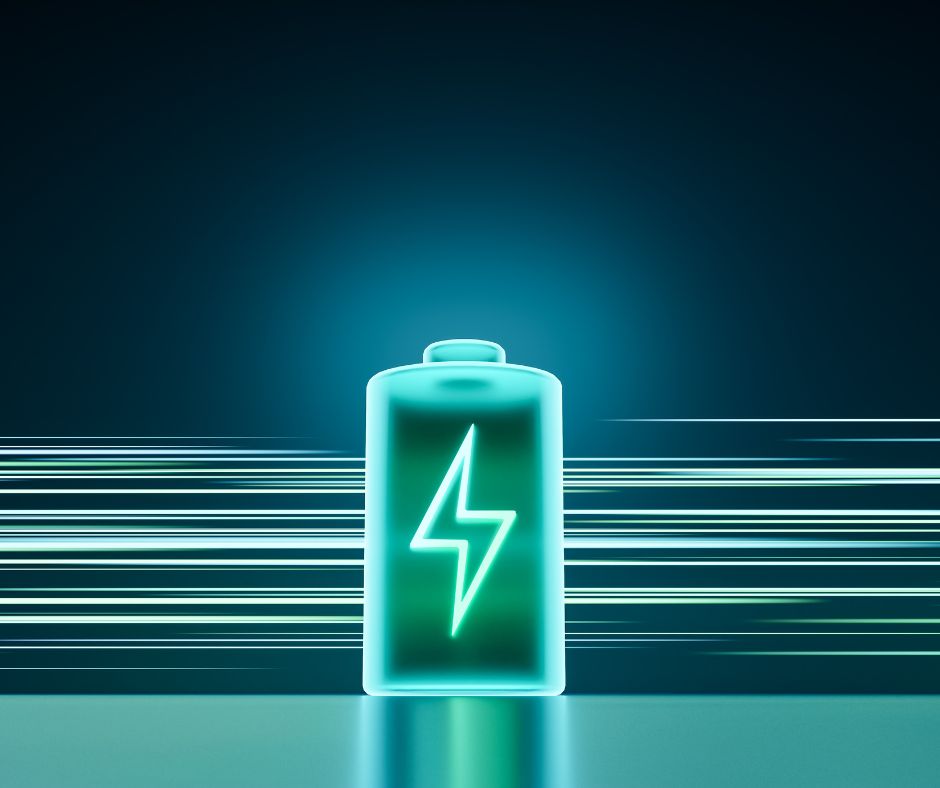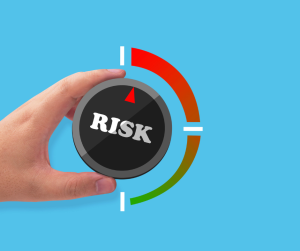Lithium-Ion Battery Fires
Unfortunately, this boom comes with a concern: lithium-ion battery fires. As we integrate these batteries into more and more devices, their potential fire risk grows.
When damaged, overheated, or subjected to electrical stress, the batteries can enter a dangerous state called “thermal runaway.” The huge amounts of energy in these batteries can lead to explosions, threatening lives and property.
Lithium-ion battery fires are very distinct, releasing toxic fumes, burning intensely, and reigniting easily, creating a unique challenge for even the most experienced fire fighters.
Manufacturing complexities and incorrect battery disposal increase the risk. Inadequate recycling infrastructure, as well as counterfeit or badly designed batteries, also exacerbate the issue.
Guidelines for Reducing the Risk of Fire
The rise of lithium-ion battery fires demands immediate attention and addressing this growing threat requires a multifaceted approach.
Handling and Storage
Use the manufacturer’s charger or a certified equivalent.
Shield batteries from extreme heat and cold.
Avoid dropping, crushing, puncturing, or bending batteries. Respect their casing.
Store loose batteries in a cool, dry place, away from flammables and direct sunlight. Avoid car storage, especially on hot days.
Use a fireproof bag or container, especially for damaged or recalled batteries.
Charging
Don’t leave batteries unattended while charging, especially overnight.
Install smoke alarms in your home and test these regularly.
Place your device on a flat, non-flammable surface while charging.
Unplug batteries when full.
Disposal and Transportation
Never throw them away in regular trash. Seek local recycling or disposal guidelines.
When transporting batteries, pack them securely to prevent damage and short circuits.
Signs of Trouble
Discontinue use immediately if a battery leaks, bulges, or changes colour.
If a battery feels unusually hot, stop using it and allow it to cool down in a safe place.
A strange smell emanating from a battery is a red flag. Discontinue use.











